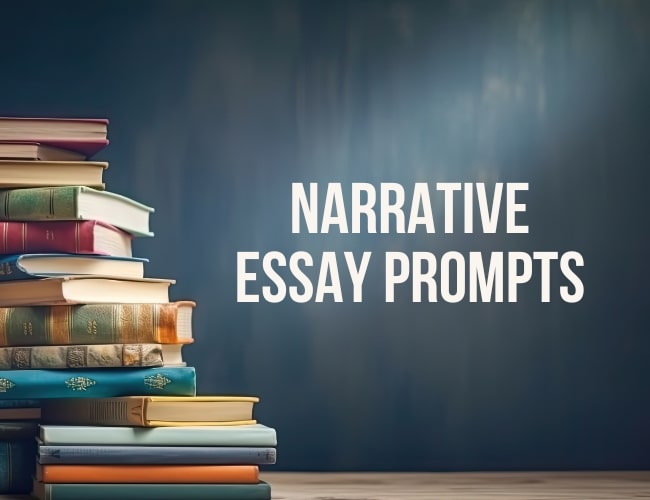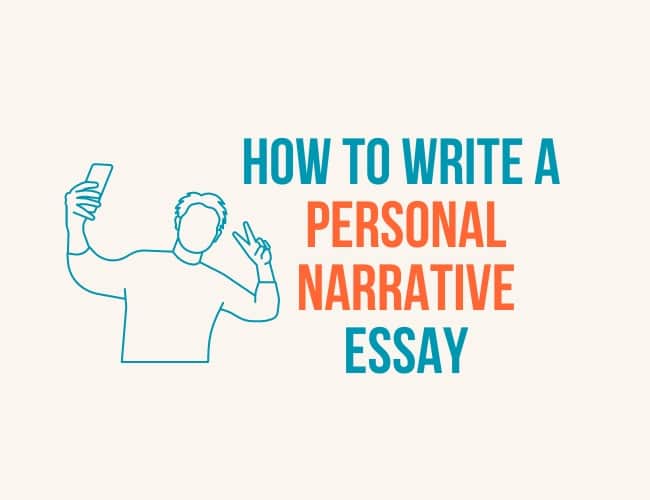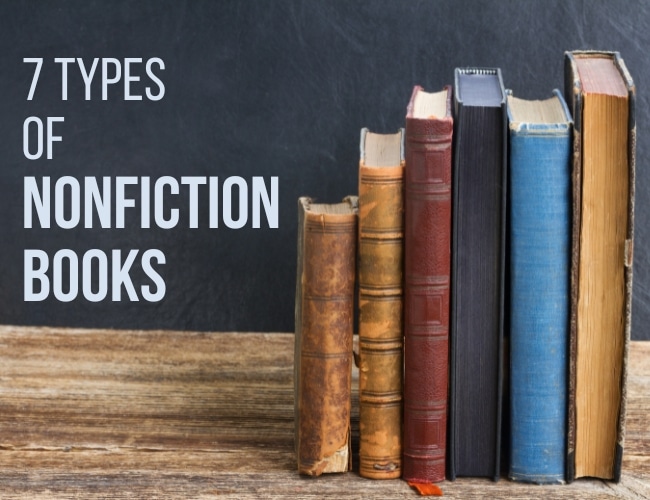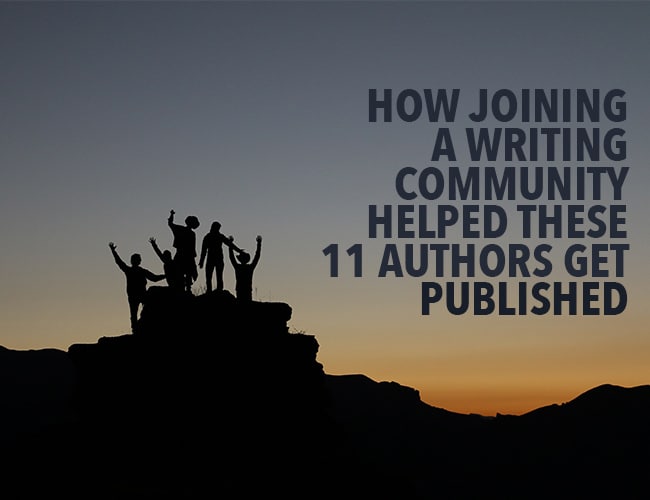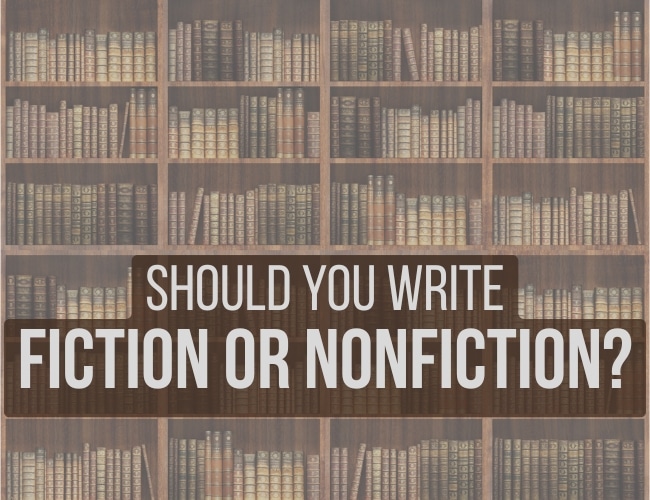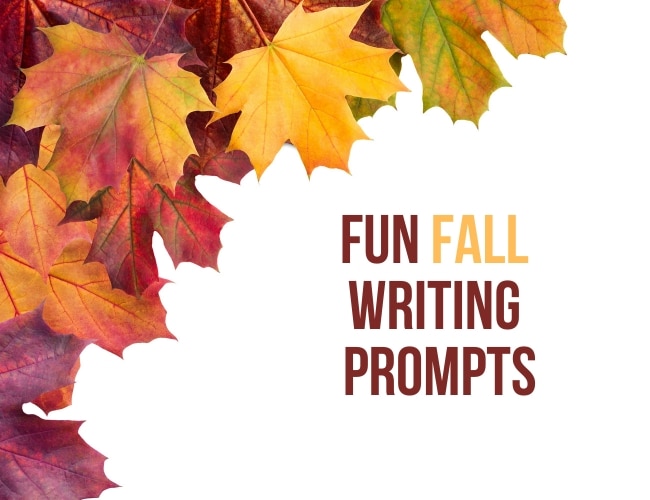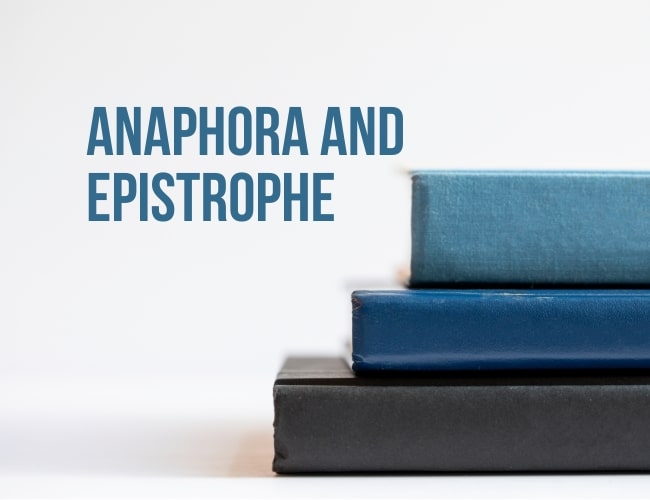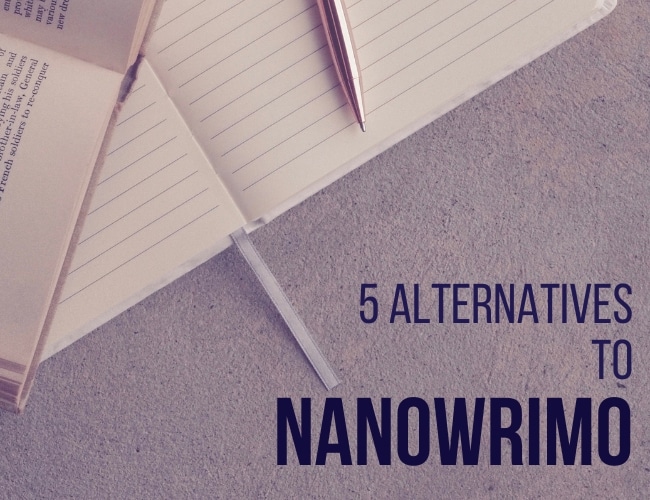Nonfiction writing seems like a completely different bear than writing fiction. How do you gather your ideas and present them in a coherent, interesting way? And if someone else has written on the same topic before, should you even bother?
In today’s article, Leslie Malin gives us some great insight into how she came around to writing her first nonfiction book and the lessons she had to learn along the way. And she reminds us that writing nonfiction requires some of the same skills as writing fiction: storytelling.

